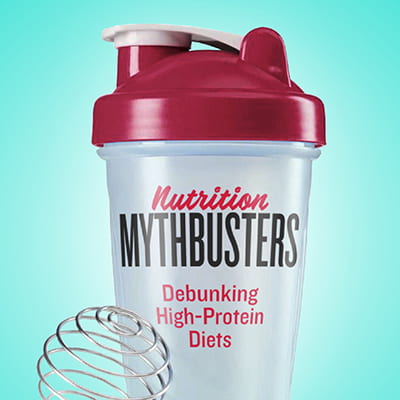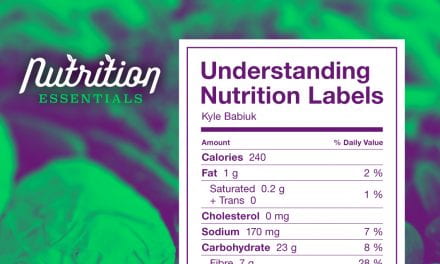Protein intake is one of the more widely discussed topics around a fitness centre. It’s the other “How much do you?” question at the gym. ‘Bro’ Science, old wives tales, myths, misconceptions and a little bit of truth can all be overheard walking through the gym. A common misconception is higher protein intake can adversely affect renal (kidney) function. In the November issue of the Journal of Nutrition a systematic review and meta-analysis was published examining the changes in kidney function between healthy adults consuming a higher, compared with lower or normal protein diets.
Science, old wives tales, myths, misconceptions and a little bit of truth can all be overheard walking through the gym. A common misconception is higher protein intake can adversely affect renal (kidney) function. In the November issue of the Journal of Nutrition a systematic review and meta-analysis was published examining the changes in kidney function between healthy adults consuming a higher, compared with lower or normal protein diets.
Higher-protein (HP) intakes of >1.0–1.2 grams/kilogram/body weight have been shown to:
- Promote greater muscle hypertrophy (an increase in size of skeletal muscle through a growth in size of its component cells) during periods of resistance training.
- Increase the absolute amount of weight lost, but also preserve lean body mass during weight loss.
- Preserve skeletal muscle mass loss due to sarcopenia in older populations.
- HP intake during weight loss may also increase satiety, resulting in lower daily energy intake and protein ingestion has an increased thermic effect, resulting in greater daily energy expenditure.
Consuming a higher protein diet has its advantages, despite these advantages there is a common misconception that consuming a higher protein diet can have negative effects on kidney function, particularly glomerular filtration rate.
The authors of the article reviewed 2144 abstracts, and selected 40 articles for full review, of the 40 articles selected 28 were analyzed and included in their analysis.
They were able to conclude the following:
“In summary, the results of the current meta-analysis suggest a nonexistent or trivial effect of high protein consumption on glomerular filtration rate in individuals with normal kidney function. These findings are in line with statements from the WHO and Institute of Medicine on protein intake and kidney function. Furthermore, there is no evidential link that shows that HP intake somehow leads to declines in renal function in otherwise healthy persons and, as our analysis indicates, even in populations with greater risk for declines in renal function such as those with type 2 diabetes. Given the proposed advantages of consuming HP diets to promote muscle hypertrophy during resistance training, high-quality weight loss during energy restriction, and maintenance of muscle mass with aging, the finding that an HP diet does not negatively affect kidney function is of relevance.”
References
Devries, Michaela C et al. “Changes in Kidney Function Do Not Differ between Healthy Adults Consuming Higher- Compared with Lower- or Normal-Protein Diets: A Systematic Review and Meta-Analysis”
The Journal of Nutrition, Volume 148, Issue 11, 1 November 2018, Pages 1760–1775



